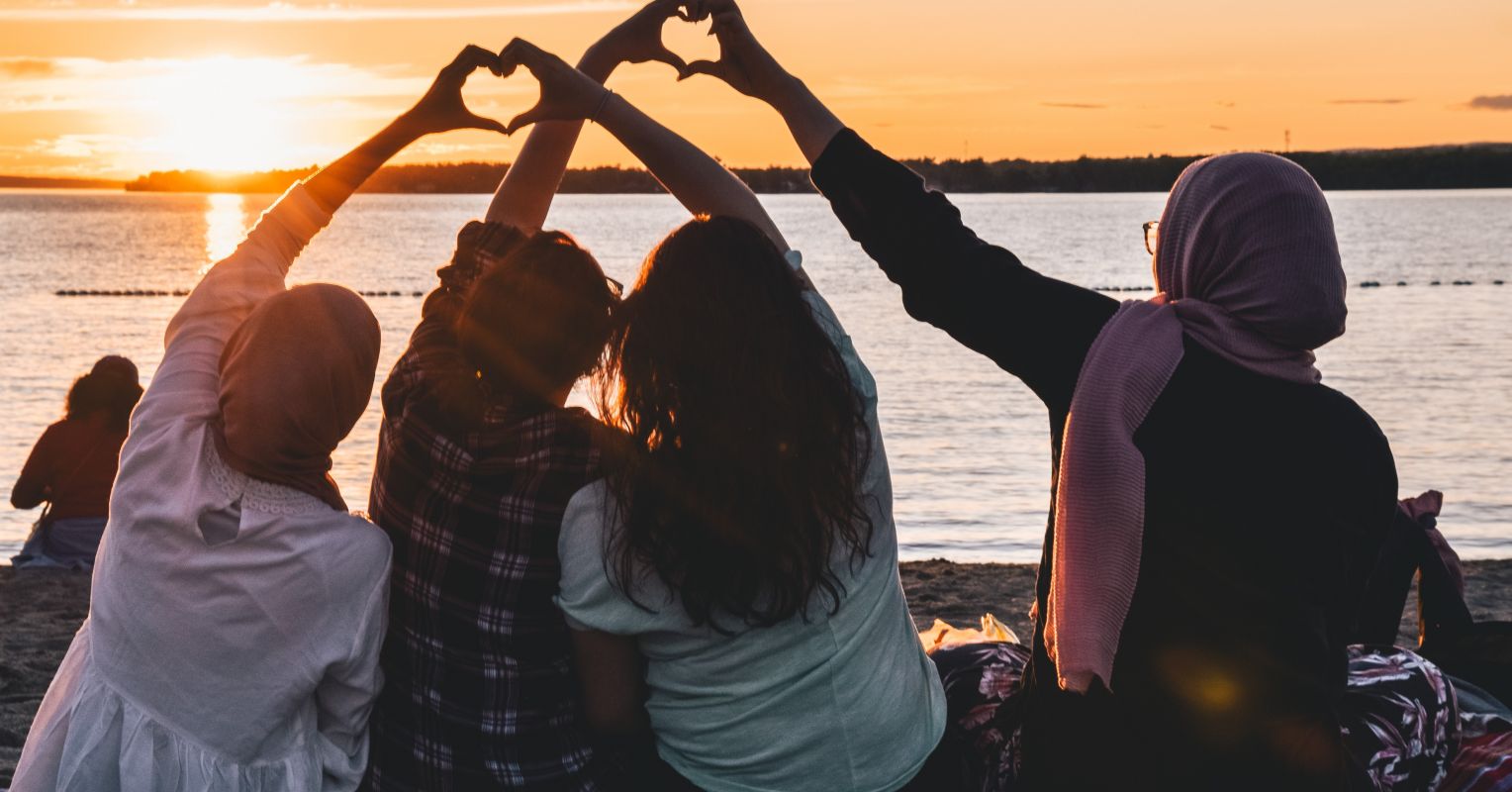
FINDING ways to connect across differences is how we learn and grow. And the good news is that the skills to make it happen are ones we all can develop through intentional practice.
Whether in a formal mentoring relationship or simply trying to talk to someone with a different point of view, effective mentoring strategies provide time-tested tools for connection. And at the end of the day, no matter how strong our differences are, we can build real, meaningful connections with other human beings if we choose to do so.
The next time you are in conversation with someone with whom you do not share much in common, try using the strategies below.
Before you make assumptions, get to know them as a unique individual. We each bring a long list of assumptions into every interaction. We assume how someone is going to act or react. We assume we know everything there is to know about a situation because of our own experience. We assume that we know who this other person is, based on appearances, hearsay, or superficial interactions.
Before you jump to conclusions based on unfounded assumptions, think of the person standing before you as a unique individual with worthwhile experiences and knowledge of their own. And then let them tell you their story.
Ask questions One of the ways you get past assumptions and get to know someone is to ask questions. Lots and lots of questions. Not in a “you are here to defend your dissertation” sort of way but in an “I’m genuinely interested and curious about you as a human being and just want to learn more” way. Use those old school, who, what, where, when, why, and how open-ended questions you learned when you were young. Before you jump in to prove a point or explain their situation, think: Is there another question I could ask first? Privilege learning over knowing.
Listen to learn, grow, and build relationships of care. I firmly believe and will die on this hill that you can learn from everyone you meet, regardless of their political affiliation, faith tradition, level of education, race, ethnicity, or anything else, because learning is all about your openness, curiosity, and attitude. It has absolutely nothing to do with what the other person is willing or able to give you. So, when you ask those questions, truly listen to what the other person has to say.
Do not listen to win or to come up with the next best response or even the next best question. Just listen. Give the other person your full attention. Because their story, whatever they are willing to give to you, is worthy of it.
- Chamisa under fire over US$120K donation
- Mavhunga puts DeMbare into Chibuku quarterfinals
- Pension funds bet on Cabora Bassa oilfields
- Councils defy govt fire tender directive
Keep Reading
Offer and accept feedback with grace and humility. Feedback is a gift. It is one of the best tools we have for learning and growing because it allows us to see ourselves through someone else’s eyes if we are open to it. Feedback challenges our deeply held assumptions and to thinking about things differently. And as we all know, feedback can be painful and can destroy relationships when not delivered well. So, when offering feedback to another person or accepting it from another person, always do so with the relationship in mind. Before you react, ask yourself: How important is this relationship to me?
Set and uphold clear boundaries Finally, while it may seem counter intuitive, we build effective relationships when we set, communicate, and uphold clear boundaries. Building a relationship across differences does not mean letting someone walk all over you. It does not mean diminishing yourself so that another person can feel powerful. It does not mean letting go of your beliefs, values, and moral centre to make someone else feel better.
An effective relationship is always built on trust, and trust starts with clearly communicated and respected boundaries. If the other person is not willing to respect your boundaries, or if you are not willing to do the same for them, that relationship is destined for failure.
The long and short of it is that connecting with people who are different from us — politically, socially, in terms of background or experiences, or a host of other items you could add to this list — is hard work. It’s always easier to take the path of least resistance. Its easier to surround ourselves with people who always agree with us. And while not everything about life has to be difficult, no one ever said it was not going to take work.
Building effective relationships is no different. But the good news is, just like any other skill you want to develop, it will get easier with intentional practice. Is it going to solve our great political divide? Maybe not. But just maybe, one person at a time, with a bit more listening and a bit more openness to learning, we can get a little closer to this idea of unity we hold so dear.— psychologytoday.com











